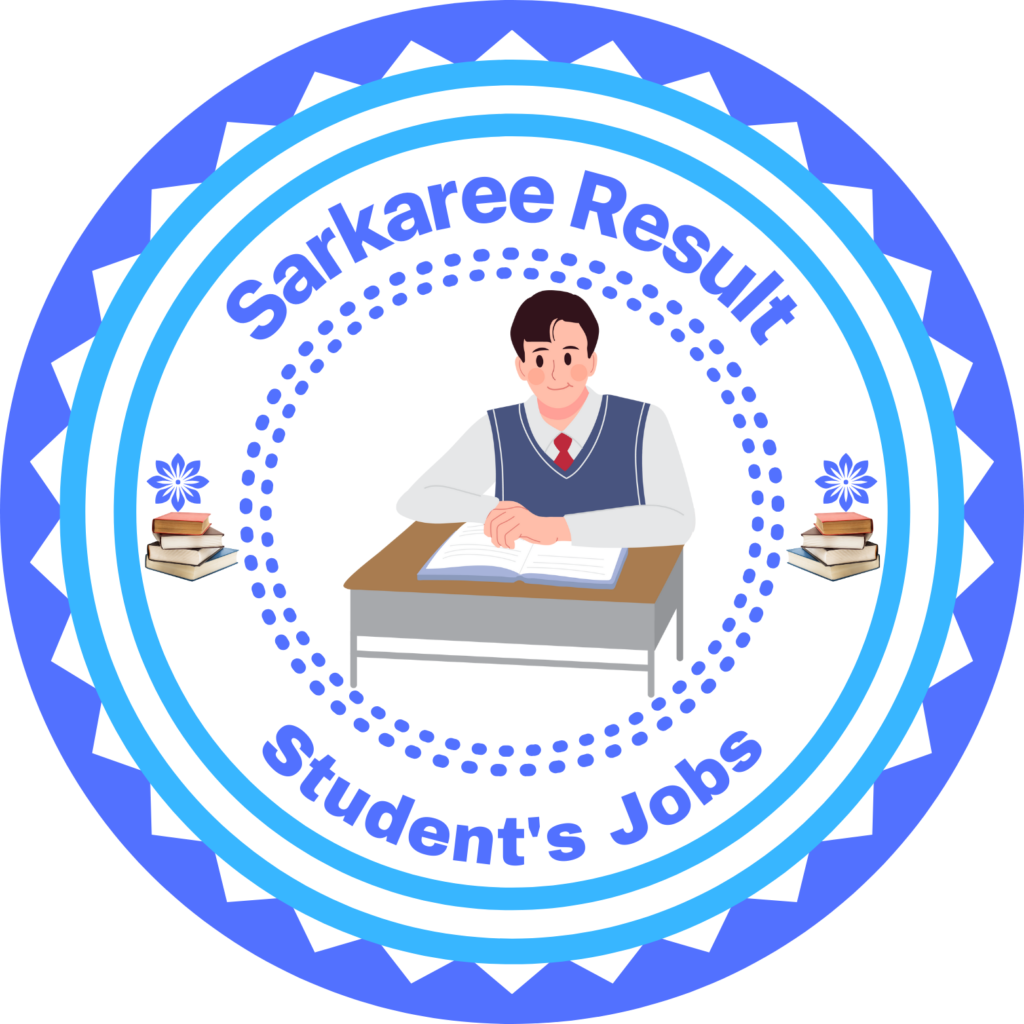RRB Junior Engineer (JE) Syllabus 2024: A Deep Dive into Engineering Disciplines
Exploring the Syllabus for Engineering Exams: A Comprehensive Guide
The engineering field is vast, with multiple specializations each having its own set of subjects and topics. Understanding the syllabus is crucial for students preparing for competitive exams. In this blog, we’ll delve into the core subjects across various engineering disciplines based on the syllabus for Civil, Electrical, Electronics, Mechanical, Chemical, and Metallurgical Engineering exams.
Civil & Allied Engineering (JE)
Civil engineering involves designing and constructing infrastructure projects. Key subjects include:
| S.N. | Subject Description |
|---|---|
| 1 | Engineering Mechanics: Study of forces, equilibrium, and machines. |
| 2 | Building Construction: Understanding structural components and types. |
| 3 | Building Materials: Masonry, timber, and other construction materials. |
| 4 | Construction Techniques: Substructure and superstructure. |
| 5 | Building Finishes: Techniques for floors, walls, and roofs. |
Electrical & Allied Engineering (JE)
Electrical engineering focuses on the study of electricity, electronics, and electromagnetism. Core topics include:
| S.N. | Subject Description |
|---|---|
| 1 | Basic Concepts: Resistance, capacitance, and inductance. |
| 2 | Circuit Law: Application of Kirchhoff’s laws. |
| 3 | Magnetic Circuit: Understanding magnetic materials and circuits. |
| 4 | AC Fundamentals: Analysis of AC circuits and waveforms. |
| 5 | Electrical Machines: Study of DC machines, transformers, and motors. |
Mechanical & Allied Engineering (JE)
Mechanical engineering deals with the design and operation of machinery. Essential subjects cover:
| S.N. | Subject Description |
|---|---|
| 1 | Engineering Mechanics: Force resolution, friction, and motion. |
| 2 | Material Science: Properties and classifications of materials. |
| 3 | Strength of Materials: Stress, strain, and beam analysis. |
| 4 | Machining: Principles and operations of lathes and other machines. |
| 5 | Welding: Techniques and equipment used in welding processes. |
Electronics & Allied Engineering (JE)
Electronics engineering is centered on electronic devices and systems. Key focus areas include:
| S.N. | Subject Description |
|---|---|
| 1 | Electronic Components: Conductors, semiconductors, and insulators. |
| 2 | Electronic Devices: Diodes, transistors, and circuits. |
| 3 | Digital Electronics: Number systems and logic gates. |
| 4 | Communication Engineering: Modulation techniques and network fundamentals. |
| 5 | Microprocessors: Basics of microprocessor architecture and programming. |
Chemical & Metallurgical Engineering
This field encompasses the study of chemical processes and material properties. Important topics include:
| S.N. | Subject Description |
|---|---|
| 1 | Fuels: Types and classifications of fuels. |
| 2 | Material Science: Atomic arrangement and properties of metals. |
| 3 | Thermodynamics: Laws and applications of thermodynamics. |
| 4 | Applied Chemistry: Industrial chemicals and their uses. |
| 5 | Environmental Chemistry: Pollution and green chemistry solutions. |
Conclusion
Understanding the depth and breadth of the engineering syllabus is crucial for students aiming to excel in their respective fields. Each discipline offers unique challenges and opportunities, requiring a solid foundation in both theoretical and practical knowledge. By focusing on these core subjects, engineering students can prepare themselves for successful careers in this dynamic and ever-evolving field.
